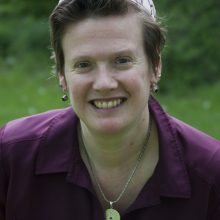Joy Ladin: Chayei Sarah Camels and Consummation
Joy Ladin comments on Rebecca’s remarkable independence – an essential quality for a Matriarch. Unlike Abraham, who had direct communication from God on what to do, Rebecca had to rely on her own personal determination.











